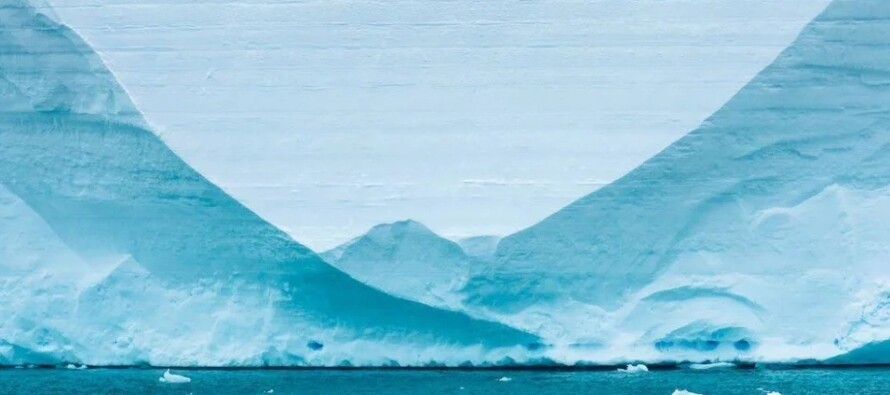
In 2004, an iceberg named A-38b ran aground off the coast of South Georgia for months, changing the chemical composition of the seawater due to its fresh water content. In February 2021, the RRS James Cook ship initiated a diversion to study the A-68a iceberg, as the iceberg began to collapse in December 2020.
Scientists, led by Tarling, studied the water conditions and marine life around the iceberg, discovering that algae associated with the ice flourished alongside the 'offspring' of A-68a, attracting zooplankton. As new icebergs like A-74 and A-76 broke off in 2021, concerns arose that they could damage the local ecosystems of South Georgia.
Despite the fears, A-68 and its calvings eventually disintegrated, releasing tons of frozen fresh water into the ocean and transforming the marine habitat around it. Scientists were able to follow the full story of these giant icebergs and their impact on the ocean, providing valuable information about their effects on the ecosystem.
The decomposition of icebergs like A-68 created unique temporary ecosystems in the ocean, enriching the waters with nutrients and affecting marine life around them. Throughout its journey, the iceberg lost a massive amount of ice and fresh water, dumping tons of nutrients into the ocean and significantly altering the surrounding environment.
As A-68a moved, scientists observed how its melting and calving affected the marine ecosystem, creating unique conditions that supported a wide variety of marine life. Despite their initial concerns about the iceberg's impact on South Georgia, the gradual collapse and disappearance of A-68 allowed the local ecosystem to recover without suffering catastrophic damage.















